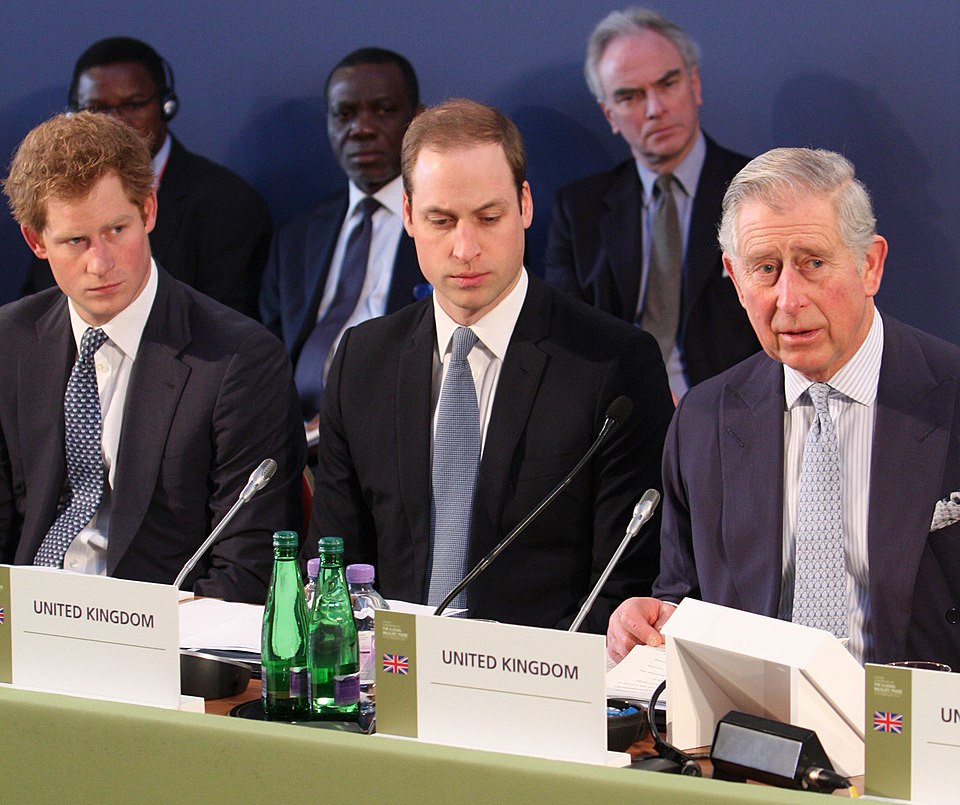
A recent study conducted by researchers at the University of Würzburg in Germany has ranked 173 countries based on their efficiency and functioning. The Stateness Index, a political tool
developed by the university, aimed to determine which countries operate most effectively. Surprisingly, the United Kingdom did not make it into the top 10 and instead placed 13th, just behind the Seychelles and Finland.
At the top of the ranking, Singapore claimed the first position, followed by Australia and Denmark. The study took into account three main categories of data spanning a period of 72 years from 1950 to 2022. These categories included a nation's legal system, level of violence, and overall administration. Factors such as doctor waiting times and access to electricity were also considered.
The researchers used the "V-Dem" model, which relied on survey responses from over 3,500 state experts, to measure and weigh different values against each other. Based on the results, countries were categorized according to their level of "stateness," ranging from "high functioning" to "collapsed."
Libya, Yemen, South Sudan, and Papua New Guinea were among the countries labeled as "collapsed," indicating severe limitations in their public services. The majority of nations (88) fell under the categories of "defective" or "profoundly defective," with countries like Haiti, Somalia, and Cyprus included in this group.
While some "defective" nations displayed political stability, researchers believed that their systems were fundamentally flawed. On the other hand, 81 countries were identified as "functioning" or "high functioning," including a few autocracies where power is concentrated in the hands of a single individual. The United States ranked in this upper tier but placed significantly lower than Germany, the UK, and Spain, landing in the 23rd position.
Dr. Theresa Paola Stawski, one of the researchers involved in the study, expressed surprise at the findings. She noted that some autocracies, such as Singapore and the United Arab Emirates, demonstrated remarkable functionality, challenging assumptions of a democracy bias in the index. Dr. Stawski also highlighted the extreme disparities in access to public services based on urban-rural location in Papua New Guinea, which contributed to its classification as a "collapsed" state.
The study emphasizes the importance of further research in understanding the functioning of states, particularly in nations where human rights and freedom of speech are lacking. Dr. Stawski believes that state research still remains a niche in political sciences, primarily due to the scarcity of reliable longitudinal data that accurately measures "stateness." Photo by [2], Wikimedia commons.






























































